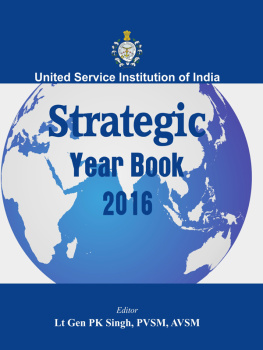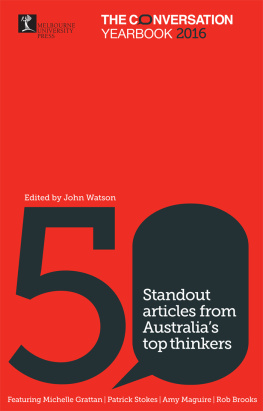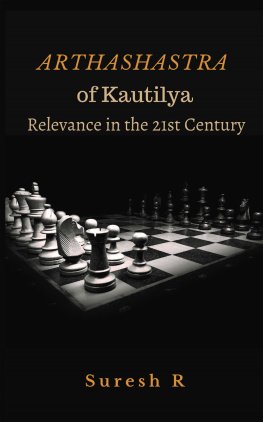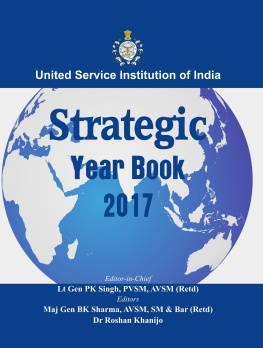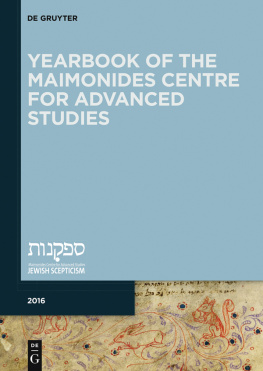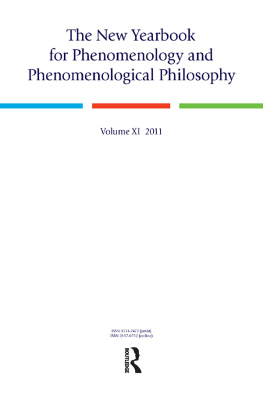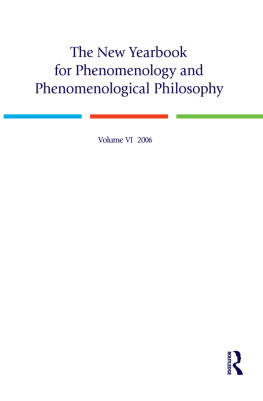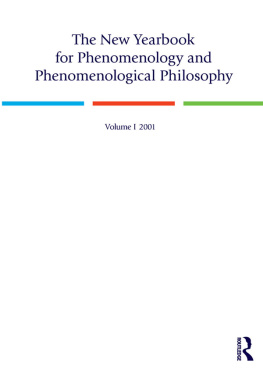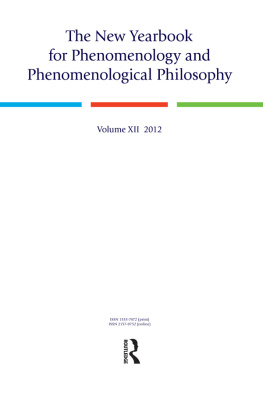USI Strategic Year Book
2016
United Service Institution of India
Strategic Year Book
2016
Editor
Lieutenant General P K Singh, PVSM, AVSM (Retd)
Director USI
United Service Institution of India
New Delhi
Vij Books India Pvt Ltd
New Delhi (India)
United Service Institute of India
Strategic Year Book 2016
Published in 2016
Copyright (c) United Service Institution of India
The United Service Institution of India
Rao Tularam Marg,
Post Bag No. 8
Vasant Vihar P.O.,
New Delhi 110 057
Phone (O) =91-11-26146756, 26146755
Website: www.usiofindia.org
ISBN : 978-93-84464-87-5
Published by
Vij Books India Pvt Ltd
(Publishers, Distributors & Importers)
2/19, Ansari Road
Delhi 110 002
Phones: 91-11-43596460, 91-11-47340674
Fax: 91-11-47340674
e-mail:
web : www.vijbooks.com
All rights reserved. No part of this publication may be reproduced, stored in a retrieval system or transmitted in any form or by any means, electronic mechanical, photocopying, recording or otherwise without the written permission of the Copyright owner.
Editorial Team
Editor
Lieutenant General PK Singh, PVSM, AVSM, (Retd), Director USI
Advisory Board
Air Marshal Bharat Kumar PVSM, AVSM (Retd)
Vice Admiral AK Singh PVSM, AVSM, NM (Retd)
Major General PJS Sandhu (Retd)
Major General BK Sharma, AVSM, SM and Bar (Retd)
Research Coordinators
Commodore Lalit Kapur (Retd)
Dr Roshan Khaniejo
This publication has been conceptualised by the Director, USI and his staff. It incorporates commissioned contributions from recognised subject experts. The USI would like to thank various individuals who contributed their expertise to compilation of this publication. The views expressed herein are of the authors and not of the USI.
Contents
Major General PJS Sandhu (Retd)
Lieutenant General VK Nayar, PVSM, SM (Retd)
Lieutenant General Syed Ata Hasnain, PVSM, UYSM, AVSM, SM, VSM and Bar (Retd)
Lieutenant General Gautam Banerjee PVSM, AVSM, YSM (Retd)
Dr Ajai Sahni
Shri R S Kalha, IFS (Retd)
Commodore Lalit Kapur (Retd)
Dr Sheel Kant Sharma, IFS (Retd)
Shri Vivek Katju, IFS (Retd)
Shri Jayant Prasad, IFS (Retd)
Professor Nirmala Joshi
Shri Ajai Malhotra, IFS (Retd)
Shri Yogendra Kumar, IFS (Retd)
Dr Adil Rasheed
Major Geneneral V K Naik, KC, VSM (Retd)
Lieutenant General Vinod Bhatia, PVSM, AVSM, SM (Retd)
Dr Roshan Khanijo
Lieutenant General Devinder Kumar, PVSM, VSM and Bar (Retd)
Shri Sanjay Baru
Professor Bharat Karnad
Shri Kanwal Sibal, IFS (Retd)
Vice Admiral Shekhar Sinha, PVSM, AVSM (Retd)
Shri Ajai Malhotra, IFS (Retd)
Colonel Sanjeev Relia
Shri R Banerji, IAS (Retd)
Commodore Lalit Kapur (Retd)
Lieutenant General PC Katoch, PVSM, UYSM, AVSM, SC (Retd)
Lieutenant General Sanjeev Chopra, AVSM and Bar, SM (Retd)
Shri E N Rammohan, IPS (Retd)
Commodore Sujeet Samaddar, NM (Retd)
Vice Admiral Anup Singh, PVSM, AVSM, SM (Retd)
Dr Anil Lal
Air Marshal Bharat Kumar, PVSM, AVSM (Retd)
Major General PK Chakravorty, VSM (Retd)
Shri Amit Cowshish
Major General BK Sharma, AVSM, SM and Bar (Retd)
Introduction
Indias First War of Independence in 1857 ended in a fiasco, primarily for want of effective leadership and perhaps equally important, for lack of a viable strategy. Even after Independence, we have faced failure on many occasions as far as national security is concerned. The unfinished 1947- 48 War in Jammu and Kashmir (which later turned into proxy war), the 1962 debacle, the Sri Lankan experience (1987-90) could be cited as prime examples of such failures. Today, the Country is faced with a huge defence expenditure, primarily to defend our long frontiers which are still disputed, unsettled and undemarcated. To this must be added ever increasing expenditure on internal security. Yet, a feeling persists that the Country ought to be spending a lot more to meet internal security challenges and external threats.
The world at large and some amongst us have also come to believe, primarily due to western writings, that Indians as a class lack strategic culture and a capacity for strategic thought. I, of course, do not subscribe to the above idea. Given the right leadership and the cause to act, Indians have proved to be as good in strategic affairs as any other nation. 1971 War and Operation Cactus (Maldives) are the cases in point. Yes, there is definitely lack of continuity and for that there could be many reasons; the chief being the neglect of strategic issues confronting the Nation. Surely, in a Nation of 1.25 billion people there would be no dearth of strategic thinkers and those who can steer the Country through modern day geo-strategic, geo-political and geo-economic challenges.
Soon after Independence Indias rate of GDP growth had picked up from 1-1.5 per cent to about 3-3.5 per cent. With a large land mass, population, abundant natural resources and democratic system of governance, the world generally believed that India would soon be a powerful economic power but that was not to be. The rate of growth remained static giving rise to ever increasing unemployment and declining per capita incomes of the masses. The economic liberalisation set into motion in the early 1990s also tapered off for want of political consensus to undertake second and third generation reforms. As a result, India has not been able to realise its true geo-economic and geo-political potential. To this must be added the problems of national security which have not allowed us to break out of regional conundrum.
If one was to ascribe the single most important factor for the above situation, it may be said to be the lack of strategic direction during the post Independence period. It was this thought process that prompted us to try and identify the strategic landscape that the Country faces and what ought to be the strategic direction for the 21st Century that we are already well into. However, once we started identifying various areas, the list was ever expanding and we ended up identifying almost three dozen subjects that required immediate attention. Fortunately for us, the USI has a very large pool of expertise in various fields amongst its members and we were able to tap the same. Thus, the project of a USI Strategic Year Book 2016 was born and took a concrete shape. Needless to say, it is a baby step and we hope to refine and enlarge the same in the years ahead.
I am happy to say that the contributors are experts in their own fields and on being approached they willingly and enthusiastically took on the responsibilities assigned to them. I convey my heartfelt gratitude to all the contributors who have made it possible to convert a fledgling idea into reality.
The book has been divided into seven sections; each section dealing with a broad theme and comprising a number of articles under it. The sections are: Indias National Vision, Values, Interests and Strategic Objectives; Internal Security Horizon Scan; Indias Immediate Neighbourhood; Indias Extended Neighbourhood; Indias Threat Perception; Indias Comprehensive National Power; and finally, a section dealing with Indias Defence Capability.



